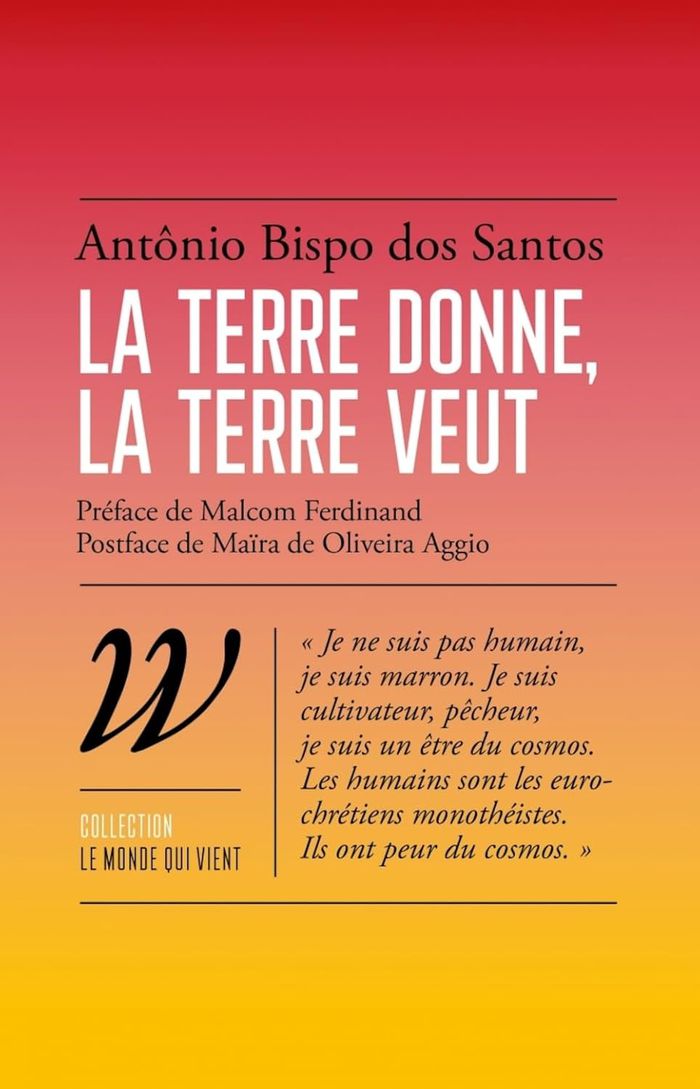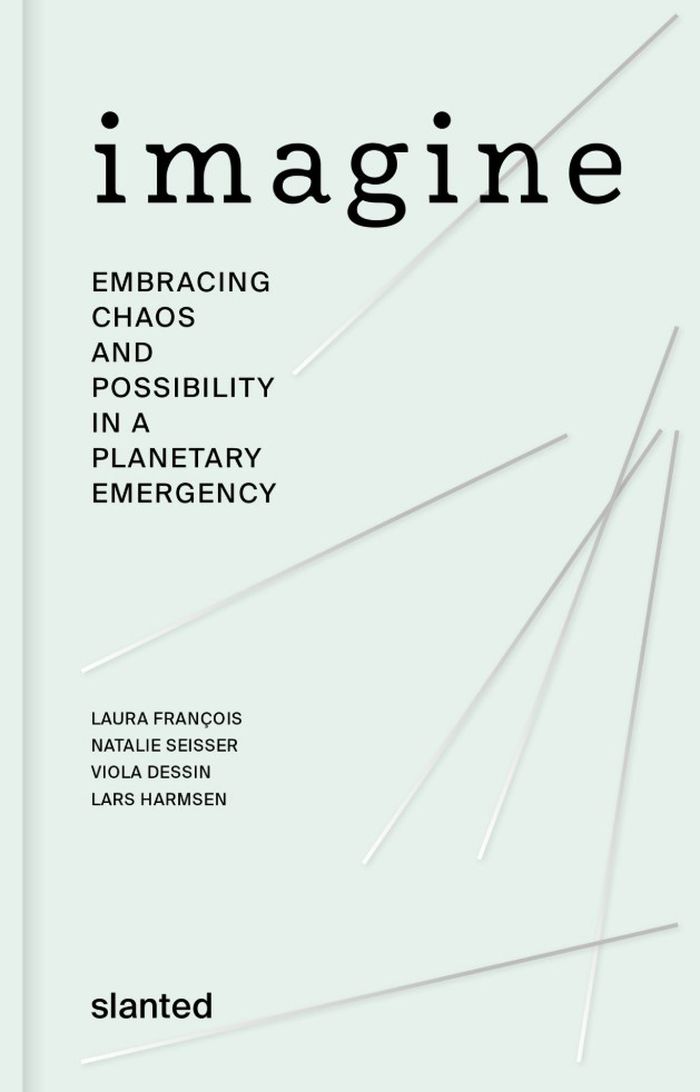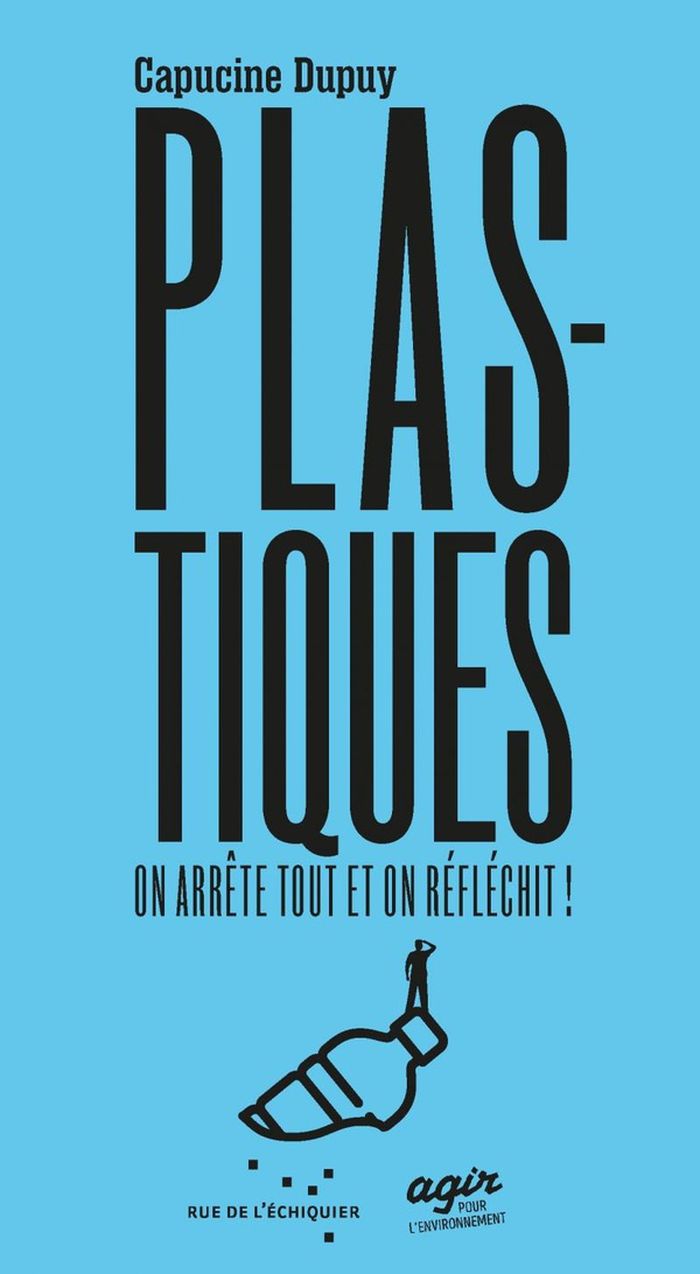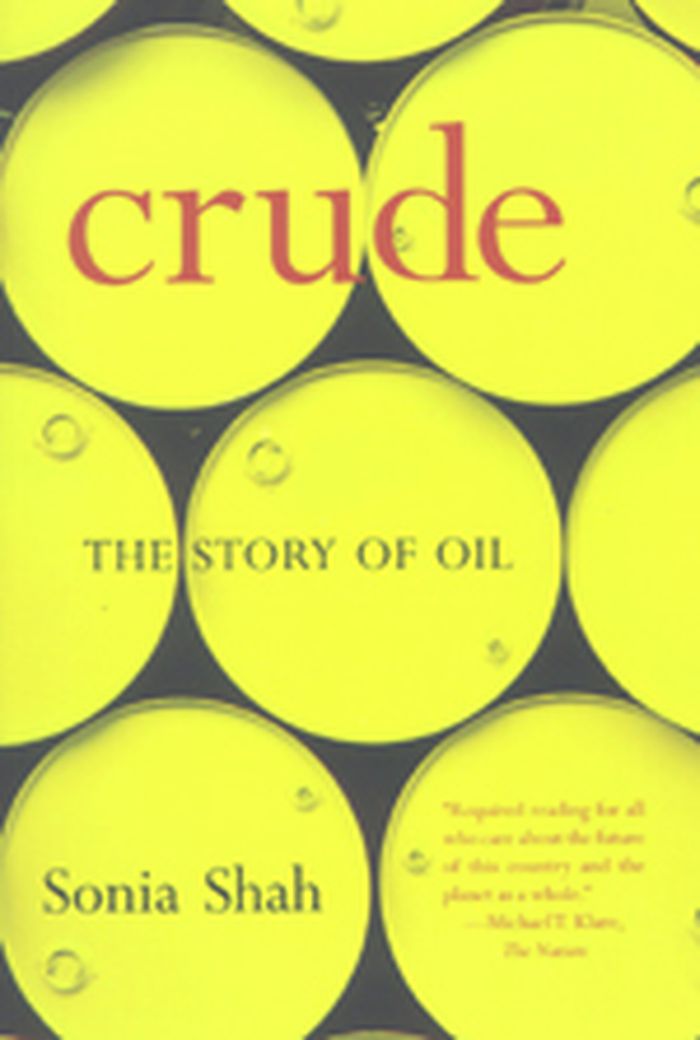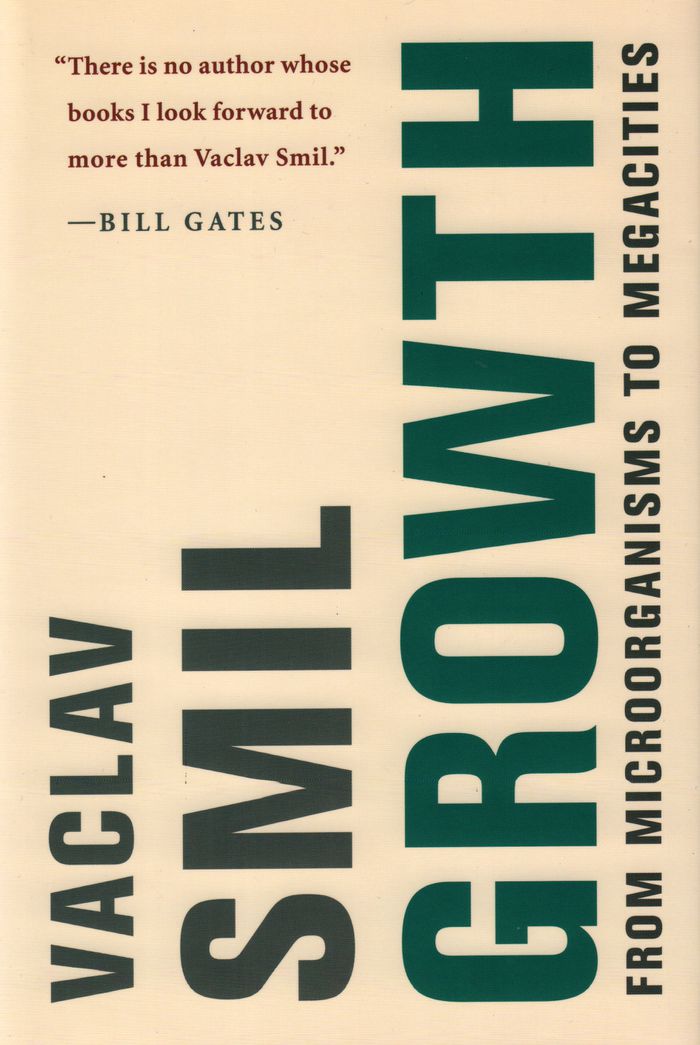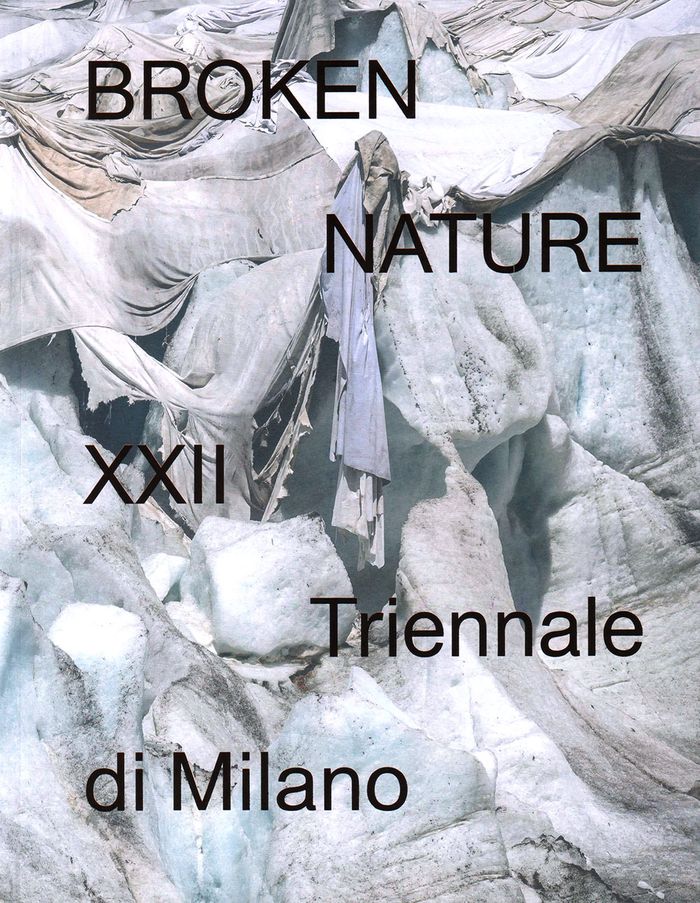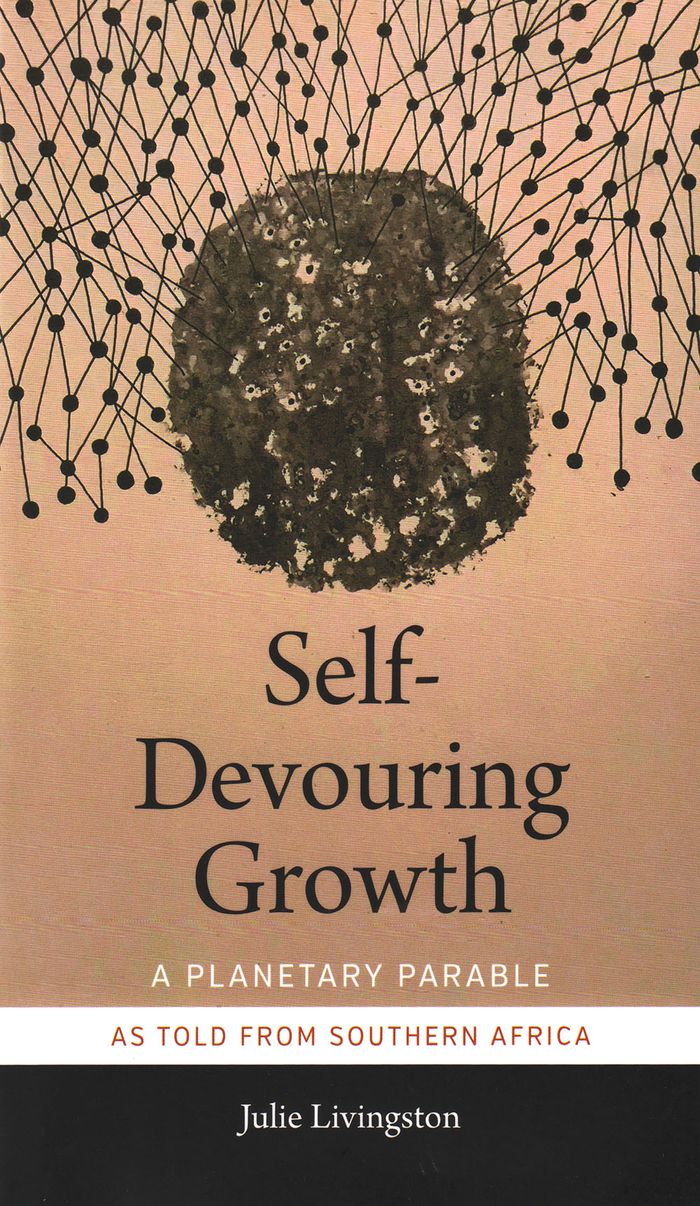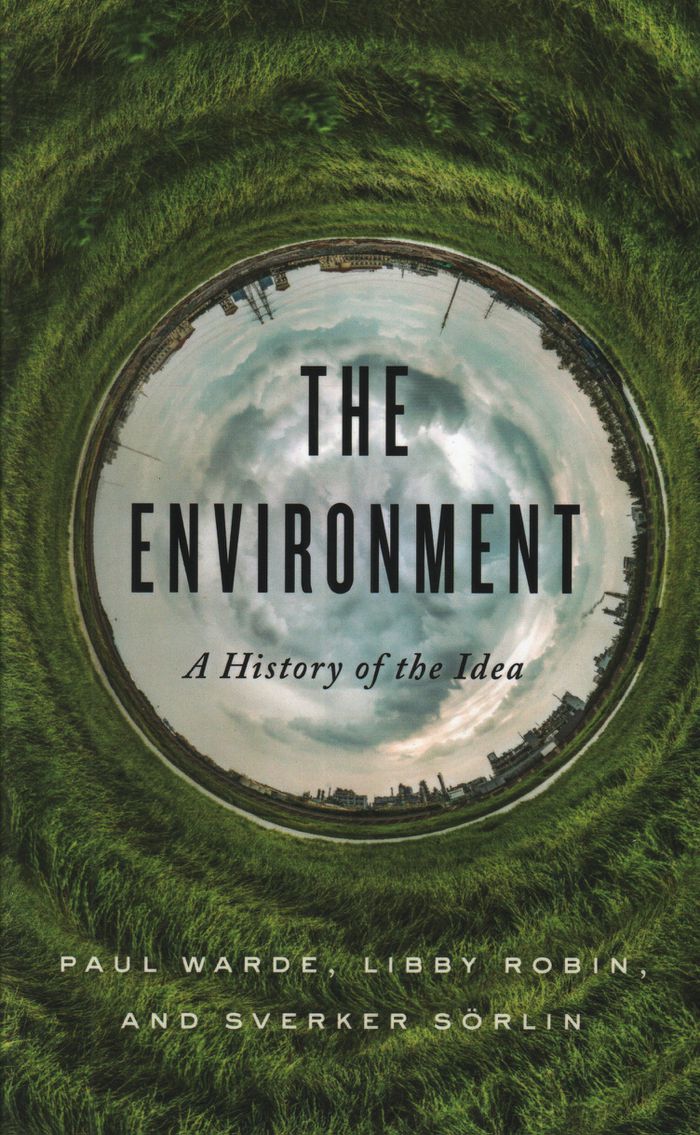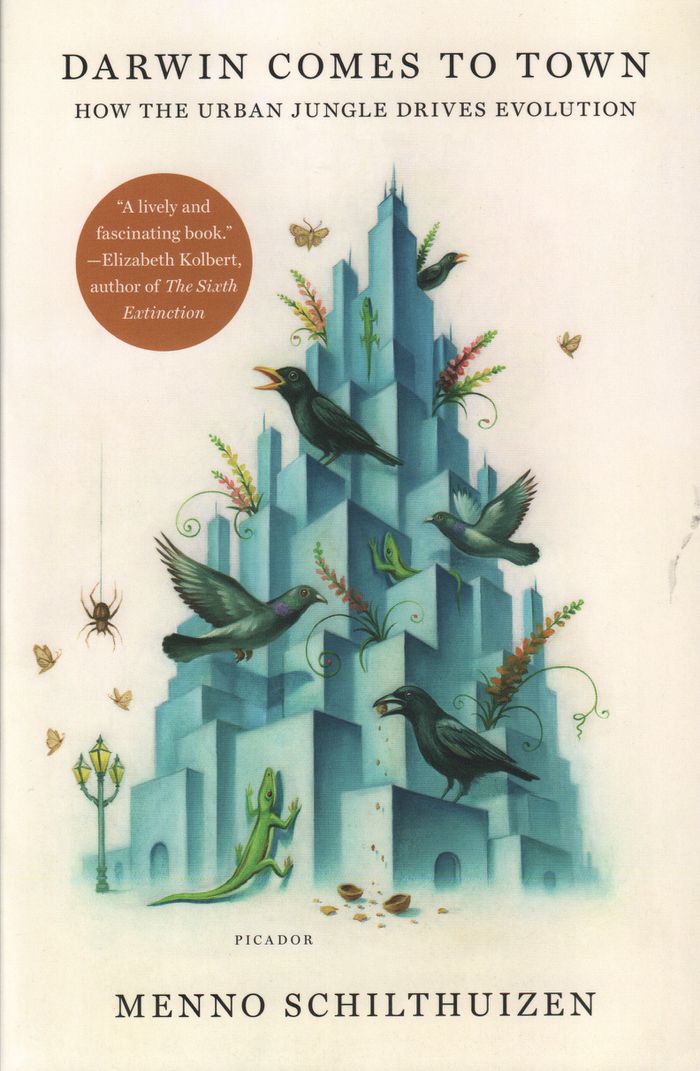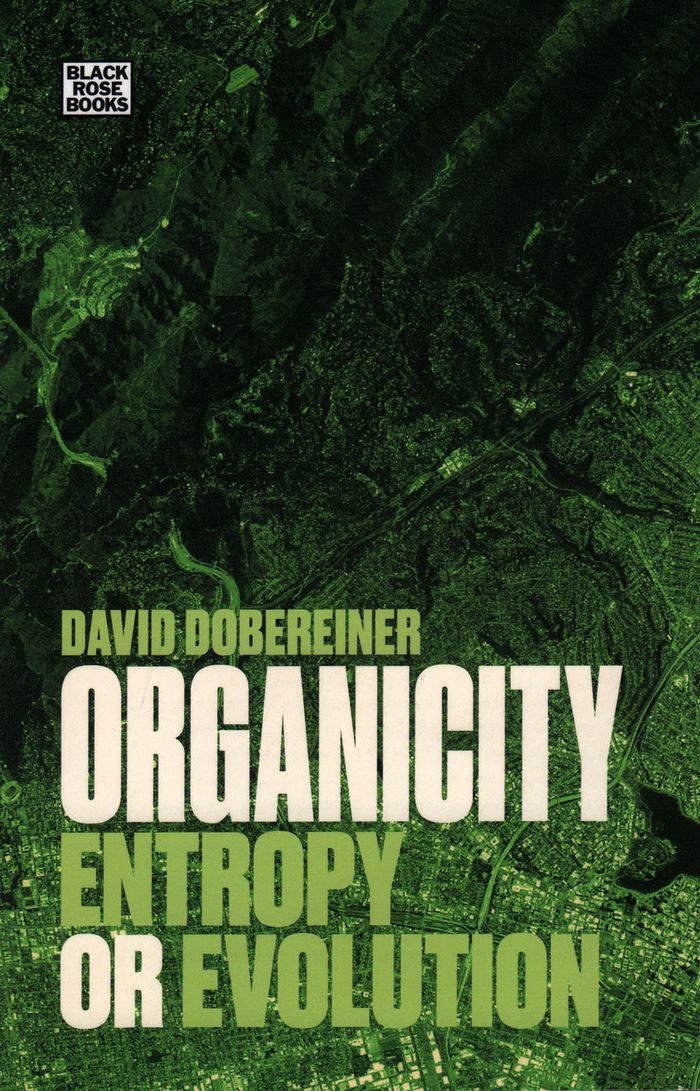$34.95
(disponible en magasin)
Résumé:
Nêgo Bispo nous offre ici un texte poétique puissant pour relever les défis de notre temps. Avec ses « mots semés », il détruit les fondements du monde colonial occidental, montre les relations vitales aux animaux, à notre corps, à nos jardins, à notre façon de manger, de construire nos maisons et nous invite à une autre façon de parler et de penser. À partir de ses(...)
mars 2025
La terre donne, la terre veut
Actions:
Prix:
$34.95
(disponible en magasin)
Résumé:
Nêgo Bispo nous offre ici un texte poétique puissant pour relever les défis de notre temps. Avec ses « mots semés », il détruit les fondements du monde colonial occidental, montre les relations vitales aux animaux, à notre corps, à nos jardins, à notre façon de manger, de construire nos maisons et nous invite à une autre façon de parler et de penser. À partir de ses expériences de vie, notamment dans les quilombos, l’auteur propose un point de référence pour s’orienter : ce qu’il appelle la position contre-coloniale.
$60.00
(disponible en magasin)
Résumé:
''Imagine—Embracing Chaos and Possibility in a Planetary Emergency'' is not a typical guidebook, but a rich collection of conversations and reflections exploring life amid global crisis. It brings together voices from science, art, activism, ecopsychology, and systems thinking. Rather than offering solutions, ''Imagine'' encourages readers to pause, reflect, and engage(...)
septembre 2025
Imagine: Embracing chaos and possibility in a planetary emergency
Actions:
Prix:
$60.00
(disponible en magasin)
Résumé:
''Imagine—Embracing Chaos and Possibility in a Planetary Emergency'' is not a typical guidebook, but a rich collection of conversations and reflections exploring life amid global crisis. It brings together voices from science, art, activism, ecopsychology, and systems thinking. Rather than offering solutions, ''Imagine'' encourages readers to pause, reflect, and engage with the complexity of our ecological and social realities. It’s a thoughtful companion for uncertain times – opening space for deeper inquiry and new ways of relating to ourselves, each other, and the planet.
$26.95
(disponible en magasin)
Résumé:
À la fin de la Seconde Guerre mondiale, les géants de la pétrochimie annoncent l'avènement de la « chimie de l'espoir » : le plastique. Il offrirait une vie meilleure. Aujourd'hui, l'image d'un matériau magique, neutre et inaltérable ainsi que le mythe du recyclage persistent obstinément. Ainsi, le plastique s'invite-t-il toujours plus dans nos quotidiens, à l'échelle(...)
septembre 2025
Plastique : On arrête tout et on réfléchit!
Actions:
Prix:
$26.95
(disponible en magasin)
Résumé:
À la fin de la Seconde Guerre mondiale, les géants de la pétrochimie annoncent l'avènement de la « chimie de l'espoir » : le plastique. Il offrirait une vie meilleure. Aujourd'hui, l'image d'un matériau magique, neutre et inaltérable ainsi que le mythe du recyclage persistent obstinément. Ainsi, le plastique s'invite-t-il toujours plus dans nos quotidiens, à l'échelle industrielle et jusqu'au creux de notre intimité. Or il se compose d'additifs dont un quart sont toxiques, ne cesse de se fragmenter en micro-et nanoparticules - s'infiltrant dans l'air, l'eau, le sol et nos corps - et accélère le dérèglement climatique - puisqu'il repose sur l'extraction et la transformation d'énergies fossiles. Alors que sa production annuelle pourrait atteindre un milliard de tonnes d'ici 2050, cette bombe à retardement ébranle déjà les écosystèmes, le climat et notre santé. Pour ralentir cette croissance effrénée, des voies d'action individuelles et collectives existent. Elles sont mises en lumière ici par Capucine Dupuy.
Crude : The story of oil
$17.95
(disponible sur commande)
Résumé:
Crude is the story of the black gold that eclipsed King Coal, decisively won the Great War, propelled the West from industrial revolution to the Plastic Age and ultimately divided the world of nations into three camps: the powerful, the powerless, and the power-hungry. Author and journalist Sonia Shah elegantly weaves together the science, economies, politics, and(...)
mai 2006, New York, London, Toronto, Melbourne
Crude : The story of oil
Actions:
Prix:
$17.95
(disponible sur commande)
Résumé:
Crude is the story of the black gold that eclipsed King Coal, decisively won the Great War, propelled the West from industrial revolution to the Plastic Age and ultimately divided the world of nations into three camps: the powerful, the powerless, and the power-hungry. Author and journalist Sonia Shah elegantly weaves together the science, economies, politics, and social history of oil in a way that will forever change the way we look at the world's most coveted and contentious mineral.
$54.95
(disponible sur commande)
Résumé:
Growth has been both an unspoken and an explicit aim of our individual and collective striving. It governs the lives of microorganisms and galaxies; it shapes the capabilities of our extraordinarily large brains and the fortunes of our economies. Growth is manifested in annual increments of continental crust, a rising gross domestic product, a child's growth chart, the(...)
Growth: from microorganisms to megacities
Actions:
Prix:
$54.95
(disponible sur commande)
Résumé:
Growth has been both an unspoken and an explicit aim of our individual and collective striving. It governs the lives of microorganisms and galaxies; it shapes the capabilities of our extraordinarily large brains and the fortunes of our economies. Growth is manifested in annual increments of continental crust, a rising gross domestic product, a child's growth chart, the spread of cancerous cells. In this book, Vaclav Smil offers systematic investigation of growth in nature and society, from tiny organisms to the trajectories of empires and civilizations.
$43.95
(disponible sur commande)
Résumé:
By bringing together the voices of a number of curators, scientists, scholars, designers, and artists, the XXII Triennale di Milano seeks to engage its visitors with questions of climate change, migration, artificial intelligence, politics, gender, labour, economics, social justice, and natural histories. This exhibition catalog highlights objects and concepts at all(...)
décembre 2019
Broken nature: design takes on human survival. XXII Triennale du Milano
Actions:
Prix:
$43.95
(disponible sur commande)
Résumé:
By bringing together the voices of a number of curators, scientists, scholars, designers, and artists, the XXII Triennale di Milano seeks to engage its visitors with questions of climate change, migration, artificial intelligence, politics, gender, labour, economics, social justice, and natural histories. This exhibition catalog highlights objects and concepts at all scales that reconsider humans' relationship with their environment, including research into both natural and social ecosystems. The aim is to trace design's ability to move us into a more constructive sense of indebtedness toward nature. This volume will appeal to the design community as well as a broader readership and scholars who study the sociological, economic, political, and personal ramifications of design as it relates to the environment.
$31.95
(disponible en magasin)
Résumé:
Under capitalism, economic growth is seen as the key to collective well-being. In "Self-Devouring Growth" Julie Livingston upends this notion, showing that while consumption-driven growth may seem to benefit a particular locale, it produces a number of unacknowledged, negative consequences that ripple throughout the wider world. Structuring the book as a parable in which(...)
septembre 2019
Self-devouring growth: a planetary fable as told from southern Africa
Actions:
Prix:
$31.95
(disponible en magasin)
Résumé:
Under capitalism, economic growth is seen as the key to collective well-being. In "Self-Devouring Growth" Julie Livingston upends this notion, showing that while consumption-driven growth may seem to benefit a particular locale, it produces a number of unacknowledged, negative consequences that ripple throughout the wider world. Structuring the book as a parable in which the example of Botswana has lessons for the rest of the globe, Livingston shows how fundamental needs for water, food, and transportation become harnessed to what she calls self-devouring growth: an unchecked and unsustainable global pursuit of economic growth that threatens catastrophic environmental destruction. As Livingston notes, improved technology alone cannot stave off such destruction; what is required is a greater accounting of the web of relationships between humans, nonhuman beings, plants, and minerals that growth entails. Livingston contends that by failing to understand these relationships and the consequences of self-devouring growth, we may be unknowingly consuming our future.
$41.95
(disponible sur commande)
Résumé:
Is it possible for the economy to grow without the environment being destroyed? Will our lifestyles impoverish the planet for our children and grandchildren? Is the world sick? Can it be healed? Less than a lifetime ago, these questions would have made no sense. This was not because our ancestors had no impact on nature—nor because they were unaware of the serious damage(...)
novembre 2018
The environment: a history of an idea
Actions:
Prix:
$41.95
(disponible sur commande)
Résumé:
Is it possible for the economy to grow without the environment being destroyed? Will our lifestyles impoverish the planet for our children and grandchildren? Is the world sick? Can it be healed? Less than a lifetime ago, these questions would have made no sense. This was not because our ancestors had no impact on nature—nor because they were unaware of the serious damage they had done. What people lacked was an idea: a way of imagining the web of interconnection and consequence of which the natural world is made. Without this notion, we didn’t have a way to describe the scale and scope of human impact upon nature. This idea was "the environment." Paul Warde, Libby Robin, and Sverker Sörlin trace the emergence of the concept of the environment following World War II, a period characterized by both hope for a new global order and fear of humans’ capacity for almost limitless destruction. It was at this moment that a new idea and a new narrative about the planet-wide impact of people's behavior emerged, closely allied to anxieties for the future. Now we had a vocabulary for talking about how we were changing nature: resource exhaustion and energy, biodiversity, pollution, and—eventually—climate change. With the rise of "the environment," the authors argue, came new expertise, making certain kinds of knowledge crucial to understanding the future of our planet.
$25.95
(disponible sur commande)
Résumé:
Menno Schilthuizen is one of a growing number of urban ecologists studying how our manmade environments are accelerating and changing the evolution of the animals and plants around us. In ''Darwin Comes to Town,'' he takes us around the world for an up-close look at just how stunningly flexible and swift-moving natural selection can be.
avril 2019
Darwin comes to town: how the urban jungle drives evolution
Actions:
Prix:
$25.95
(disponible sur commande)
Résumé:
Menno Schilthuizen is one of a growing number of urban ecologists studying how our manmade environments are accelerating and changing the evolution of the animals and plants around us. In ''Darwin Comes to Town,'' he takes us around the world for an up-close look at just how stunningly flexible and swift-moving natural selection can be.
$22.99
(disponible en magasin)
Résumé:
In this book, David Dobereiner lucidly delves into the present urban and ecological impasse and examines the prospects for our future. Laced with insights into social and political ecology and written with a lifetime’s experience of innovating in ecological design, the book demonstrates that there is still hope to build a more humane, egalitarian, and sustainable system,(...)
septembre 2019
Organicity: entropy or revolution
Actions:
Prix:
$22.99
(disponible en magasin)
Résumé:
In this book, David Dobereiner lucidly delves into the present urban and ecological impasse and examines the prospects for our future. Laced with insights into social and political ecology and written with a lifetime’s experience of innovating in ecological design, the book demonstrates that there is still hope to build a more humane, egalitarian, and sustainable system, but it requires a fundamental shift in the way we do civilization. At the crossroads of creation and destruction, will evolution or entropy triumph?
